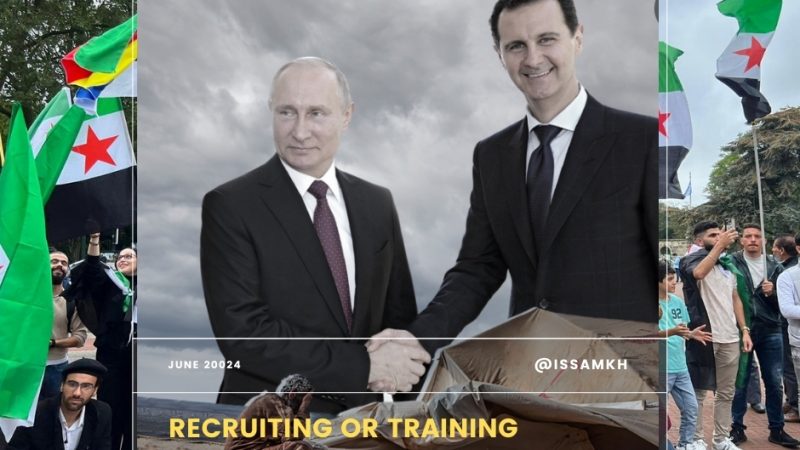The Escalating Israel-Iran Conflict: Nuclear Risks and the Dire Consequences for Middle East Stability

The potential conflict between Israel and Iran, along with its allies, poses a significant threat to the stability of the Middle East. Beyond the immediate dangers of missile strikes and conventional military attacks, there are greater concerns regarding Iran’s nuclear program, which has long alarmed the international community.
Iran continues to advance its nuclear program while frequently evading full disclosure of its details to the International Atomic Energy Agency (IAEA). Reports indicate that Iran has enriched uranium to levels as high as 60%, nearing the threshold required for nuclear weapon production, which typically necessitates enrichment levels of 90% or higher. This situation has heightened tensions, as Israel fears that Iran may soon possess the capability to produce a nuclear weapon.
Should the conflict between Israel and Iran escalate, Israel may feel compelled to target secret military bases that Iran could use to store enriched uranium or conduct undisclosed nuclear activities. Such strikes could lead to catastrophic radioactive leaks affecting both Iran and its neighboring countries. Iran is known to have several key nuclear facilities, including the Bushehr reactor, the Fordow enrichment facility, and the Natanz site, which have previously been subjected to Israeli cyberattacks. A direct strike on these or other clandestine military sites could result in widespread radioactive contamination.
Moreover, Iran possesses a substantial arsenal of ballistic missiles that it may deploy in retaliation against Israeli attacks. Estimates suggest that Iran has over 1,000 ballistic missiles of various types, some capable of reaching distances exceeding 2,000 kilometers. This implies that any conflict could involve the use of long-range missiles, increasing the risk of the conflict spreading to other countries in the region. Efforts to dismantle or limit these missiles should be a fundamental part of any international initiative aimed at de-escalating the situation.
One of the most significant dangers in this conflict is the potential targeting of nuclear and chemical facilities in the region. Hezbollah, with its advanced military capabilities, has repeatedly threatened to strike these installations. If such threats materialize, the consequences would be catastrophic. A direct hit on any nuclear reactor could lead to extensive radioactive contamination, affecting not only Israel but also neighboring countries. Radioactive pollution has long-term impacts on public health and the environment and could result in mass displacement of populations.
Chemical facilities pose similar risks; targeting them could release toxic substances into the atmosphere, endangering the lives of millions of civilians and causing lasting environmental damage. Such attacks could cripple local economies, hinder relief efforts, and exacerbate the humanitarian crisis in the region.
In these critical circumstances, it is essential to emphasize the importance of ensuring security and stability for civilians. The conflicting parties must recognize that indiscriminate targeting of vital installations will lead to an uncontrollable humanitarian disaster. The international community must take a firm stance to prevent the escalation of violence, protect critical infrastructure, and mitigate its negative impacts.
The optimal solution to this crisis requires intensive diplomatic efforts to address the conflict at its roots. These efforts should focus on dialogue and understanding among the involved parties, steering away from military escalation that would only bring destruction and suffering. Preserving civilian lives and ensuring regional stability must be paramount, as any further escalation could have catastrophic consequences for both regional and international peace.
Therefore, it is crucial for the international community to intervene swiftly to prevent this conflict from escalating to the level of nuclear weapons use or attacks on nuclear facilities. Diplomacy must be strengthened, and all parties should be urged to return to the negotiating table to ensure the security and stability of the region and protect civilians from potential disaster.


